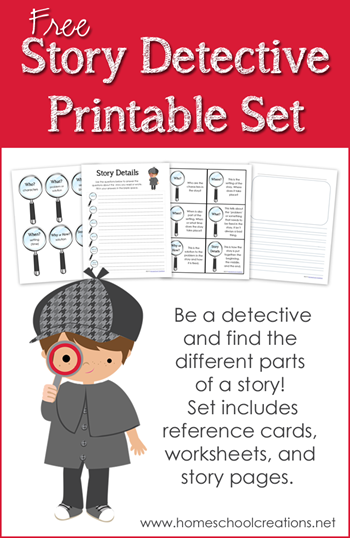

This year we are using WriteShop Primary C as a part of Kaleb’s 3rd grade curriculum. Right now we are learning about the parts of a story: the who, what, where, when, why, and story details.
Because I didn’t want to take 20 minutes to cut out and create the suggested magnifying glasses (heaven forbid I should pull out the construction paper and scissors – every one of them would be a different shape and that would bother me), I spent an hour creating the Story Detective printables instead. (In my defense, there are more than magnifying glasses in the pack.)
Story Detective Printables
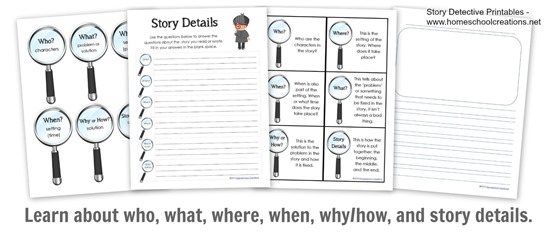
Inside the Story Detective printable set you will find:
- Story Part magnifying glasses: who, what, where, when, why/how, and story details
- Story detective worksheet: use this to go along with stories your child creates or reads
- Take-along cards: quick notecards to hang up or use as a reference
-
Story sheets: write and illustrate your own story
Draw and Journal Pages

If you like the story sheets that are in the pack you can find additional Draw and Journal pages here.
Essay Outline For Older Children
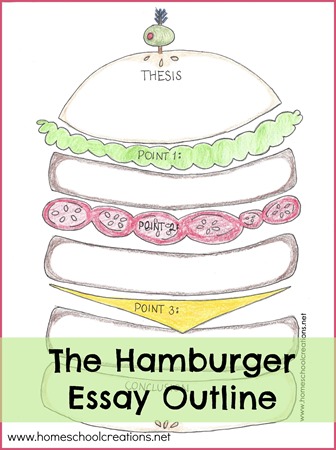
If you have older children that are at the essay stage of writing, download a free copy of the Hamburger Essay Outline to help organize the writing process.



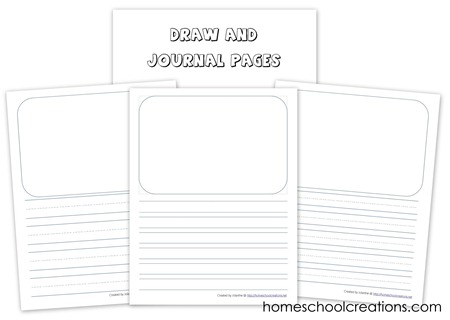


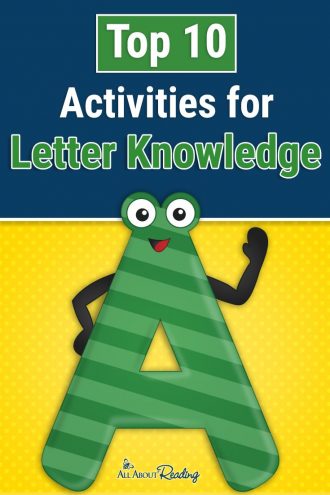


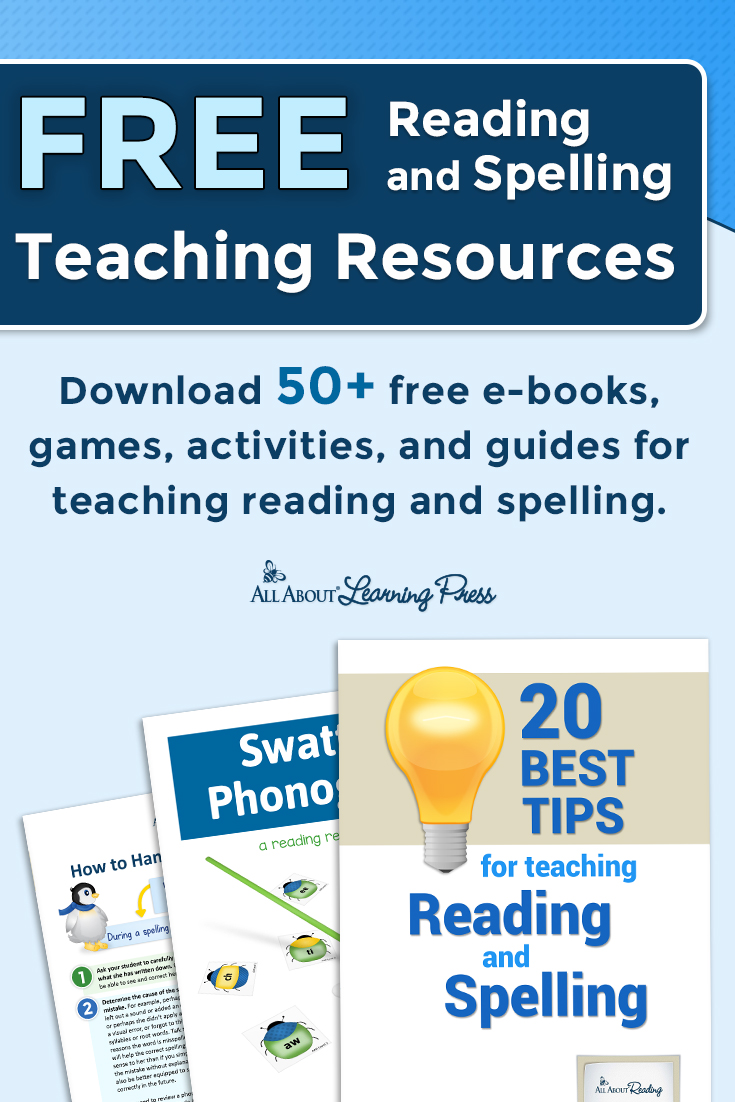
 The printables shared on this site are FREE of charge unless otherwise noted, and you are welcome to download them for your personal and/or classroom use only. However, free or purchased printables are NOT to be reproduced, hosted, sold, shared, or stored on any other website or electronic retrieval system (such as Scribd or Google docs). My printables are copyright protected and I appreciate your help in keeping them that way.
If you download and use some of my printables and then blog about them, please provide a link back to my blog and let me know - I'd love to see how you are using them! Please be sure to link to the blog post or web page and not directly to the file itself. Thank you!
The printables shared on this site are FREE of charge unless otherwise noted, and you are welcome to download them for your personal and/or classroom use only. However, free or purchased printables are NOT to be reproduced, hosted, sold, shared, or stored on any other website or electronic retrieval system (such as Scribd or Google docs). My printables are copyright protected and I appreciate your help in keeping them that way.
If you download and use some of my printables and then blog about them, please provide a link back to my blog and let me know - I'd love to see how you are using them! Please be sure to link to the blog post or web page and not directly to the file itself. Thank you!